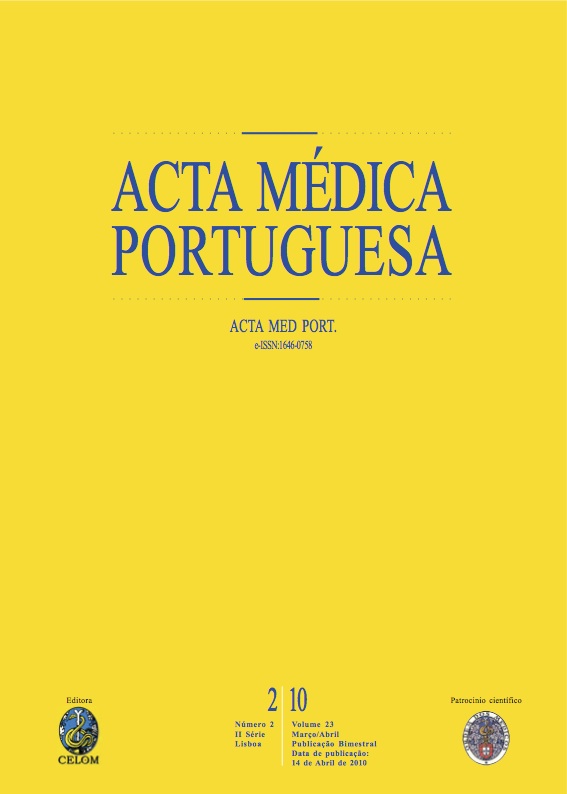Cocaine: historical background, neurobiology of the addiction and relapse and therapeutic perspectives.
DOI:
https://doi.org/10.20344/amp.609Abstract
Following more than a century of cocaine hydrochloride extraction from Erythroxylon coca, this drug remains representing a serious social and public health problema around the world. This paper intends to provide a review about the cocaine theme, focusing on historical background and on its different neurotransmission systems, as well as addresses therapeutics aspects about drug addiction.Electronic search in databases Medline, Pubmed and Lilacs was accomplished in order to select classics and recent studies relevant to the discussion of issue addressed.Previous studies have shown high vulnerability to relapse to cocaine seeking following prolonged withdrawal periods. Such behavioral consequences have been cre-dited to induced changes in brain neurotransmitters provoked by repeated cocaine use. In recent years, the growing abuse of this drug has mobilized researchers worldwide in seeking for new therapies that reduce the behavioral and neurochemical changes resulting from addiction.Numerous advances regarding the treatment of cocaine abuse and dependence have emerged in recent years. However, researche aiming at a safe and effective users' pharmacological treatment remain necessary and should be continued.Downloads
Downloads
How to Cite
Issue
Section
License
All the articles published in the AMP are open access and comply with the requirements of funding agencies or academic institutions. The AMP is governed by the terms of the Creative Commons ‘Attribution – Non-Commercial Use - (CC-BY-NC)’ license, regarding the use by third parties.
It is the author’s responsibility to obtain approval for the reproduction of figures, tables, etc. from other publications.
Upon acceptance of an article for publication, the authors will be asked to complete the ICMJE “Copyright Liability and Copyright Sharing Statement “(http://www.actamedicaportuguesa.com/info/AMP-NormasPublicacao.pdf) and the “Declaration of Potential Conflicts of Interest” (http:// www.icmje.org/conflicts-of-interest). An e-mail will be sent to the corresponding author to acknowledge receipt of the manuscript.
After publication, the authors are authorised to make their articles available in repositories of their institutions of origin, as long as they always mention where they were published and according to the Creative Commons license.









